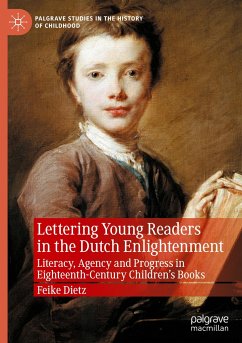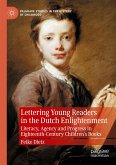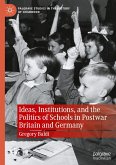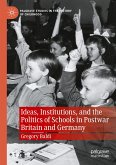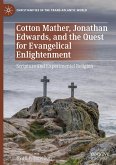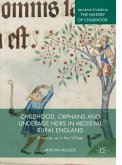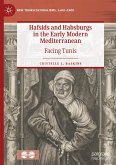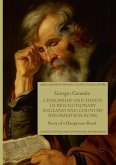'This book presents a rigorous, hugely informative analysis of the early history of Dutch children's literature, pedagogical developments and emerging family formations. Thoroughly researched, Dietz's study will be essential for historians of eighteenth-century childhood, education and children's books, both in the Dutch context and more widely.'
- Matthew Grenby, Newcastle University, UK.
'A rich, informative, well-documented and effectively illustrated discussion of the ways Dutch eighteenth-century educators tried to transform youth into responsible readers. It does so in a wide international context and masterfully connects this process to the radical politicization and de-politicization of Dutch society in the revolutionary period.'
-Wijnand W. Mijnhardt, formerly of Utrecht University, the Netherlands, and the
University of California at Los Angeles, USA.
This book explores how children's literature and literacy could at once regulate and empower young people in the eighteenth-century Dutch Republic. Rather than presenting the history of childhood as a linear story of increasing agency, it suggests that we view it as a continuous struggle with the impossibility of full agency for young people. This volume demonstrates how this struggle informed the production of books in a historical context in which the development of independent youths was high on the political agenda. In close interaction with international children's literature markets, Dutch authors developed new strategies to make the members of young generations into capable readers and writers, equipped to organize their own minds and bodies properly, and to support a supposedly declining fatherland.
- Matthew Grenby, Newcastle University, UK.
'A rich, informative, well-documented and effectively illustrated discussion of the ways Dutch eighteenth-century educators tried to transform youth into responsible readers. It does so in a wide international context and masterfully connects this process to the radical politicization and de-politicization of Dutch society in the revolutionary period.'
-Wijnand W. Mijnhardt, formerly of Utrecht University, the Netherlands, and the
University of California at Los Angeles, USA.
This book explores how children's literature and literacy could at once regulate and empower young people in the eighteenth-century Dutch Republic. Rather than presenting the history of childhood as a linear story of increasing agency, it suggests that we view it as a continuous struggle with the impossibility of full agency for young people. This volume demonstrates how this struggle informed the production of books in a historical context in which the development of independent youths was high on the political agenda. In close interaction with international children's literature markets, Dutch authors developed new strategies to make the members of young generations into capable readers and writers, equipped to organize their own minds and bodies properly, and to support a supposedly declining fatherland.
"The work is thus ambitious and wide-ranging in its implications, and it offers a substantive contribution to our understanding of eighteenth-century trends in the approach to and aims of developing children's literacy. ... Lettering Young Readers in the Dutch Enlightenment is a rich, well-documented work that contributes substantively to the historical literature on children's literacy and the children's book market in the eighteenth century ... ." (Karen L. Taylor, The Journal of the History of Childhood and Youth, Vol. 16 (1), 2023)

